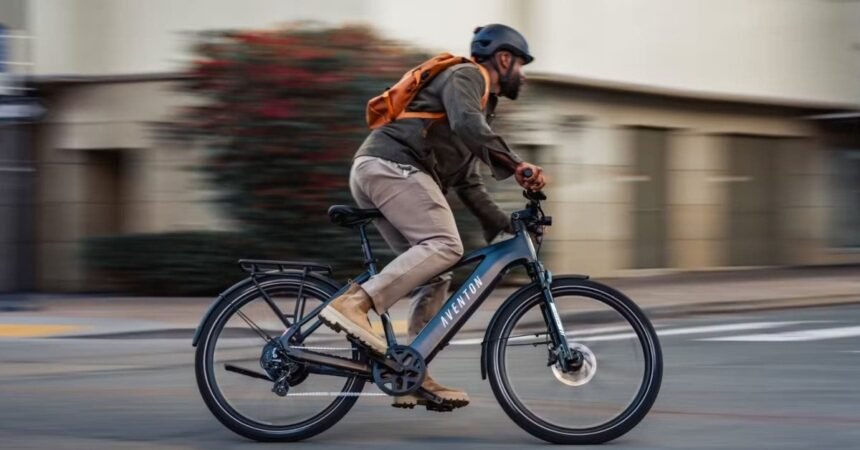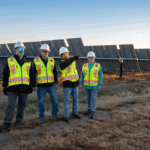Aventon, one of the leading electric bike brands in the US, has recently addressed the challenges posed by US tariffs on imported goods. The company has provided insights into how major e-bike manufacturers are navigating the disruptions caused by the trade war initiated by the previous administration.
In a detailed post on their website, Aventon discussed their response to various issues, including supply chain disruptions, manufacturing shifts, and pricing strategies.
Shift in Manufacturing Away from China
As the threat of heavy tariffs on Chinese imports loomed larger, Aventon, like many other e-bike brands, began exploring alternative manufacturing locations. While China offers lower manufacturing costs and proximity to e-bike component suppliers, the potential impact of tariffs threatened to outweigh these advantages.
Countries in Southeast Asia such as Vietnam, Cambodia, and Thailand emerged as attractive alternatives for shifting e-bike production outside of China. Interestingly, many of the new bicycle factories in these countries are owned by Chinese investors who anticipated a manufacturing shift due to the tariffs imposed during the previous administration.
However, relocating manufacturing outside of China comes with increased costs and logistical complexities. Components like motors and batteries, crucial for e-bikes, are still sourced from China, necessitating a multi-step process that adds significant time to shipment schedules.
Pricing Could Still Take a Hit
While tariffs on e-bikes from countries other than China are currently lower, there is no guarantee that they will remain so. The current tariffs could increase after a 90-day pause granted by the previous administration ends without a new trade deal.
Aventon clarified that tariffs are ultimately borne by importers and passed on to consumers through price adjustments. Despite the challenges, the company has committed to keeping costs down by absorbing some of the increased expenses incurred during the manufacturing shift to Thailand.
Can E-Bikes Be Produced in the US?
Aventon indicated that bringing e-bike production to the US is not feasible at present due to the lack of a domestic supply chain for critical components and the tariffs imposed on these components. However, the company remains open to the possibility of assembling e-bikes on a smaller scale if tariffs are lifted, potentially paving the way for domestic manufacturing in the future.
Electrek’s Take
The e-bike industry’s current landscape is characterized by uncertainty and volatility, driven by shifting trade policies and geopolitical factors. Aventon’s response to the challenges posed by tariffs reflects a pragmatic approach to sustaining their business while keeping prices accessible to consumers.
As the global trade environment continues to evolve, e-bike manufacturers will need to remain agile and adaptable to navigate the complexities of international trade. The future of e-bike production, including the potential for domestic manufacturing in the US, hinges on a variety of factors that are subject to change.
In conclusion, the e-bike industry faces ongoing challenges, but companies like Aventon are proactively addressing these issues to ensure the continued availability and affordability of electric bikes for consumers.







